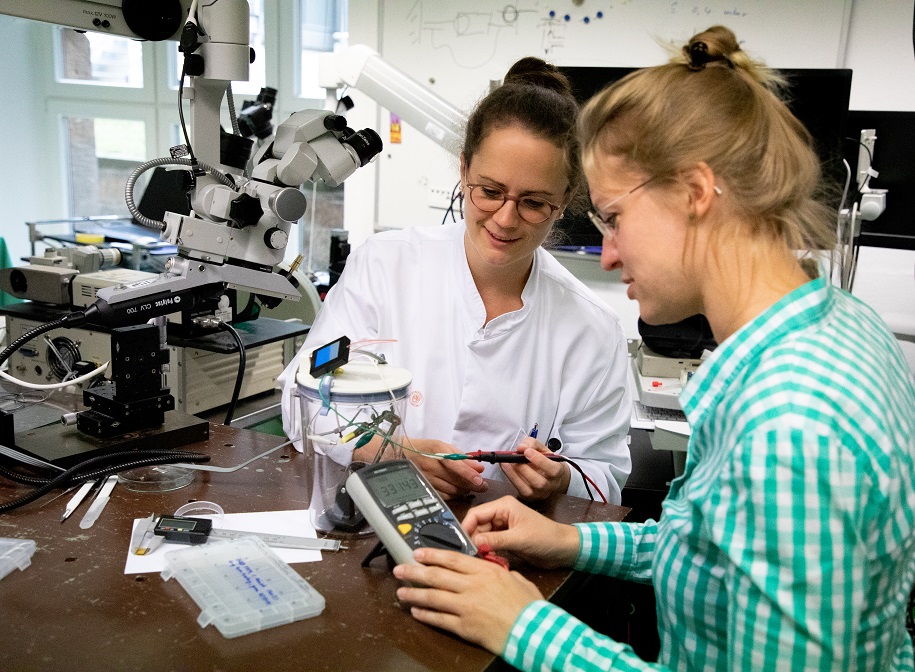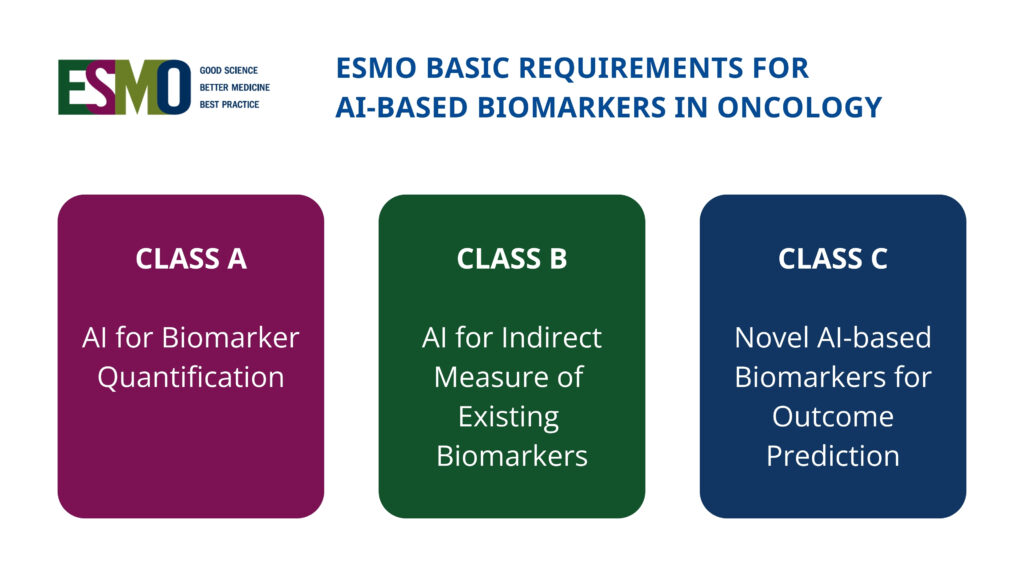PITROS applies the highly promising, novel technology of resorbable organic sensors to the pressing medical issue of hearing disorders due to unregulated pressure in the middle ear. In a recently published paper, scientists from ERCD and the Institute of Applied Physics (IAP) at TU Dresden demonstrate a wireless bio-compatible pressure sensor which can be directly implanted in the human middle ear.
Bio-Compatible Sensor for Middle Ear Pressure Monitoring on a Bio-Degradable Substrate
Hypotension in the middle ear can cause serious diseases and hearing disorders. Until now, pressure in the middle ear is measured indirectly by using the impedance of the tympanic membrane (tympanometry). Direct methods are just described in scientific studies and would be harmful in clinical routine.
PITROS-team and ERCD developed in collaboration with the IAP, a bio-compatible organic sensor for direct monitoring of pressure in the middle ear. The PITROS-project is funded by the EKFZ for Digital Health and combines the rapidly developing fields of technology and medical use.
PITROS has for the first time enabled direct and wireless pressure measurement in the middle ear using an organic, bio-compatible sensor. Pressure changes in the range of -7.5 kPa to +7.5 kPa were measured with a 2x 4 mm capacitive sensor that can be inserted into the human middle ear in the future. Established RF-field detection techniques are used for wireless signal transmission.
Taking the measure values for the capacitance, coil inductance, and series resistance, we can estimate the expected phase/resonance frequency shift of the sensor system. The published work suggests that the pressure changes occurring in the middle ear could be detected using established RF-field detection techniques. (T.Lüdke)







